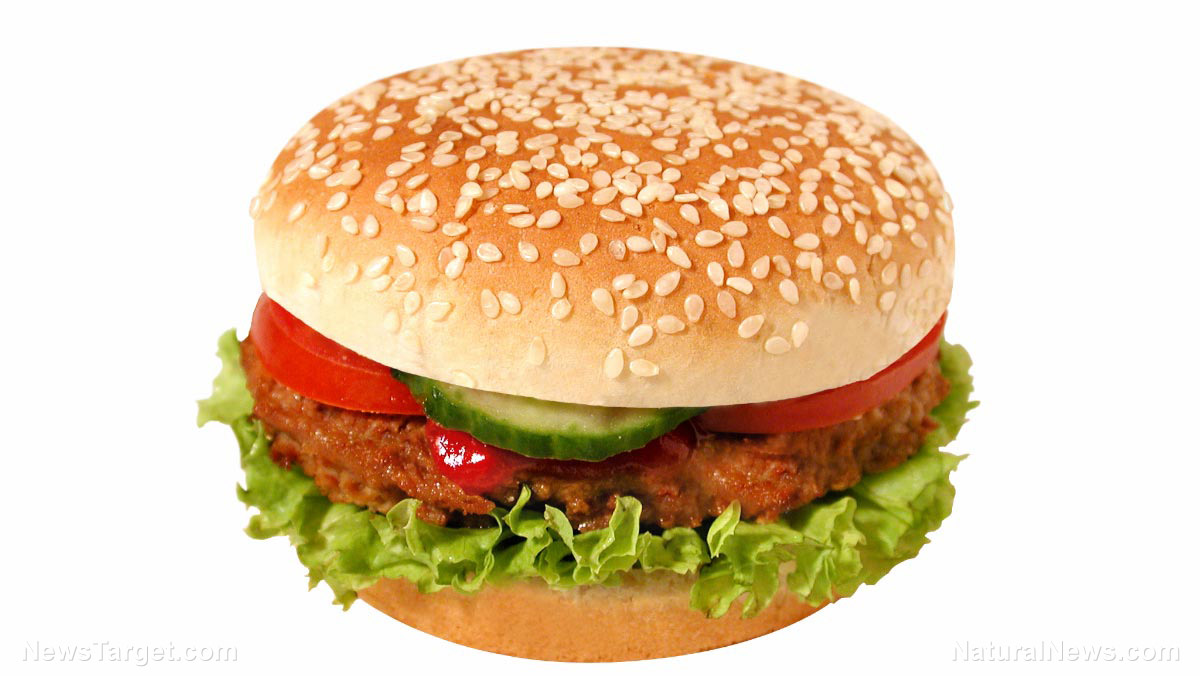
Advertisement
Prepackaged salads are a godsend for those of us who are too busy to prepare our own healthy meals. They offer vitamin- and mineral-rich fruits and vegetables in a convenient package – what’s not to love? Well, unfortunately, therein lies the problem. Prepackaged salads and their greens are convenient, but are they as healthy as fresh salads?
What’s lost
The short answer: It depends. The long answer: It all depends on a number of factors that go into the preparation and sales of salad greens.
Prepackaged spinach and kale are good examples of this. These vegetables are always washed before being bundled to rid them of dirt and bugs. Although washing does a good job of cleaning them up, it strips away vitamins C and B folate too. These are water-soluble vitamins, meaning they dissolve in water. Moreover, excessive washing can damage the surface of spinach and kale. This can then lead to nutrient leaching or to oxidation, both of which have the potential to speed up the rate of nutrient loss.
Chopping vegetables can provide another opportunity for oxidation, since doing this sets up a greater surface area for browning. Leaving salads to stand for too long can do this as well, particularly if they’re comprised of vegetables such as spinach. In fact, one research paper showed that packaged spinach can lose about 47 percent of its folate after eight days in the refrigerator.
In addition to moisture and oxygen, light and heat are likewise known to induce negative changes in vitamin C and B vitamins. As such, certain salad greens that have been exposed to light or subjected to heat may not be as nutritionally sound as they originally were. (Related: Top 5 “Dress Out” That Make Your Salad Unhealthy.)
What isn’t
That being said, not all nutrients are that fragile. Iron, calcium, and vitamins A, E, and K are stable enough to withstand a good wash. Similarly, vegetables like watercress and lettuce can maintain the majority of their nutritional content even after being refrigerated for days at a time.
Interestingly, cutting up some types of vegetables can boost their nutritional content. Lettuce, parsnips, and celery increase their production of polyphenols whenever they sustain damage. This is because polyphenols serve as a defensive measure for these vegetables: Their bitter taste makes them unappetizing to animals. Polyphenols are bioactive compounds that are known to have a variety of health benefits ranging from acting as anti-inflammatory agents to protecting the heart.
Moreover, a lot of salad greens are bagged via modified atmosphere packaging. This process extends the shelf life of foods by taking out atmospheric air and replacing it with a mixture of protective gases. The absence of oxygen not only keeps foods fresh for longer, it improves their nutrient retention too.
All in all, it really depends. Prepackaged salad greens are at their healthiest when they’re eaten as soon as possible. Mario G. Ferruzzi, professor of Food Science and Nutrition at North Carolina State University, explained: “The way I think about it is that there’s a typical quality and nutrient loss curve that happens from harvest to consumption. And there are steps in the middle that you can do that make it better or worse.
“If you think about, for example, fresh lettuce or fresh spinach that’s picked and harvested … it might be washed and bundled … and it’s exposed to oxygen, light, and moisture, and it’s getting sprayed with water to stay cold and fresh, and there’s significant nutrient loss occurring day by day.”
While nothing beats making a salad from scratch, you can do worse than munching on a prepackaged salad from your favorite grocery. Just make sure to check the packaging date of your salad of choice, and to eat it as soon as possible.
Visit FoodScience.news to discover other foods that are good for your health.
Sources include:
Advertisements







